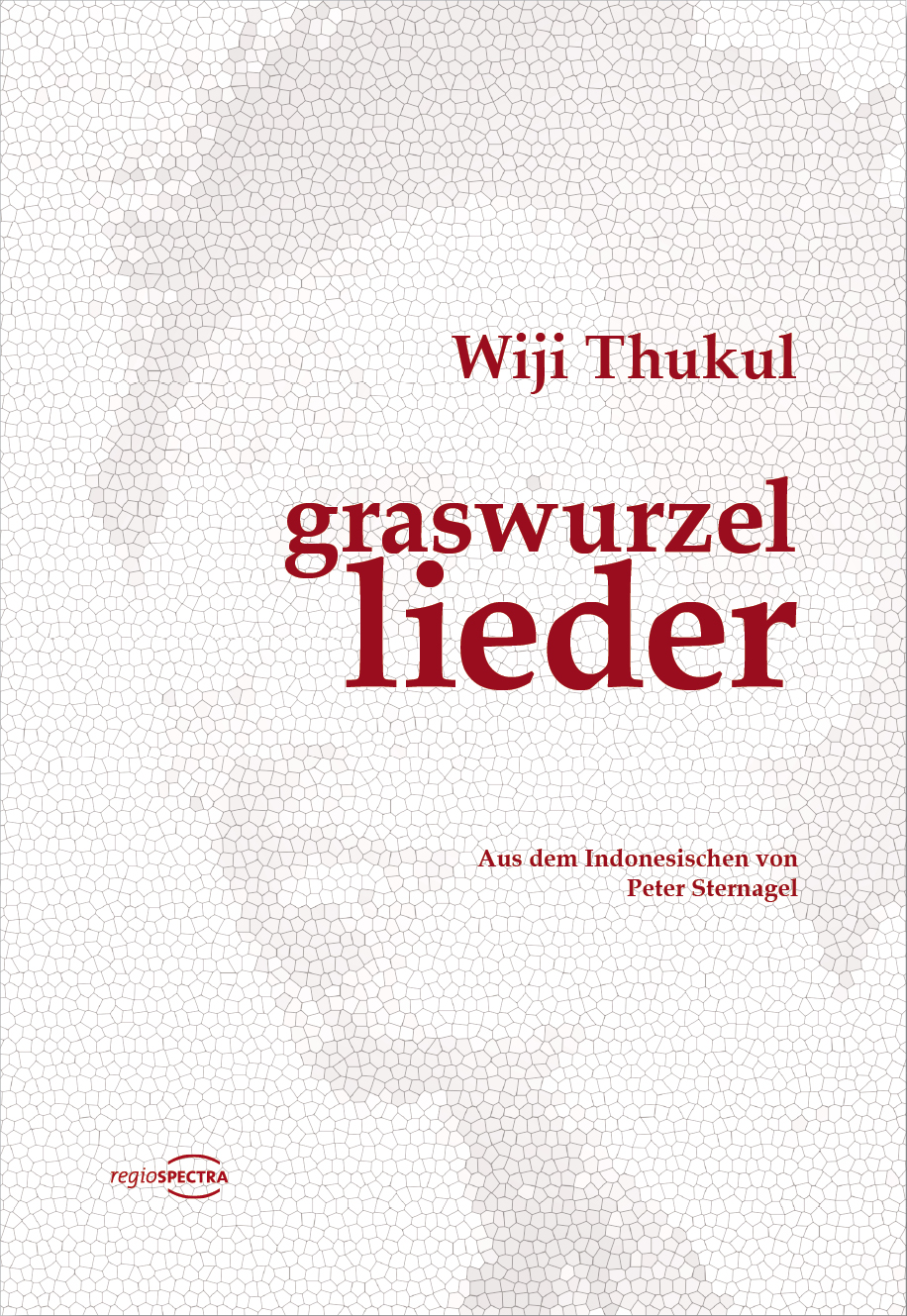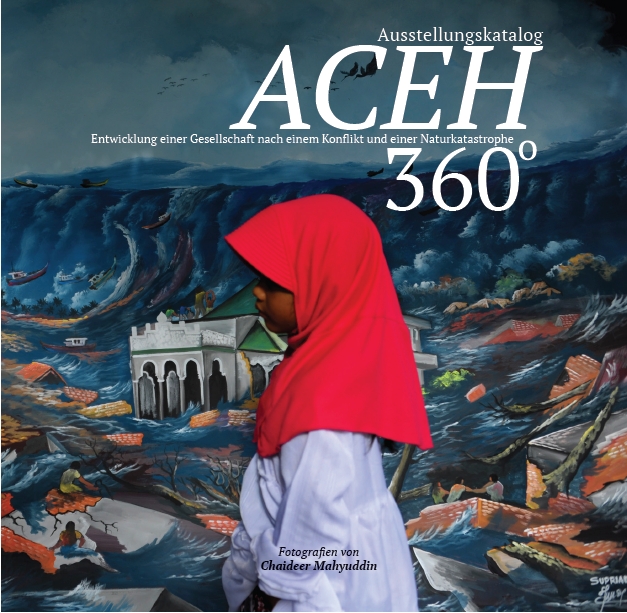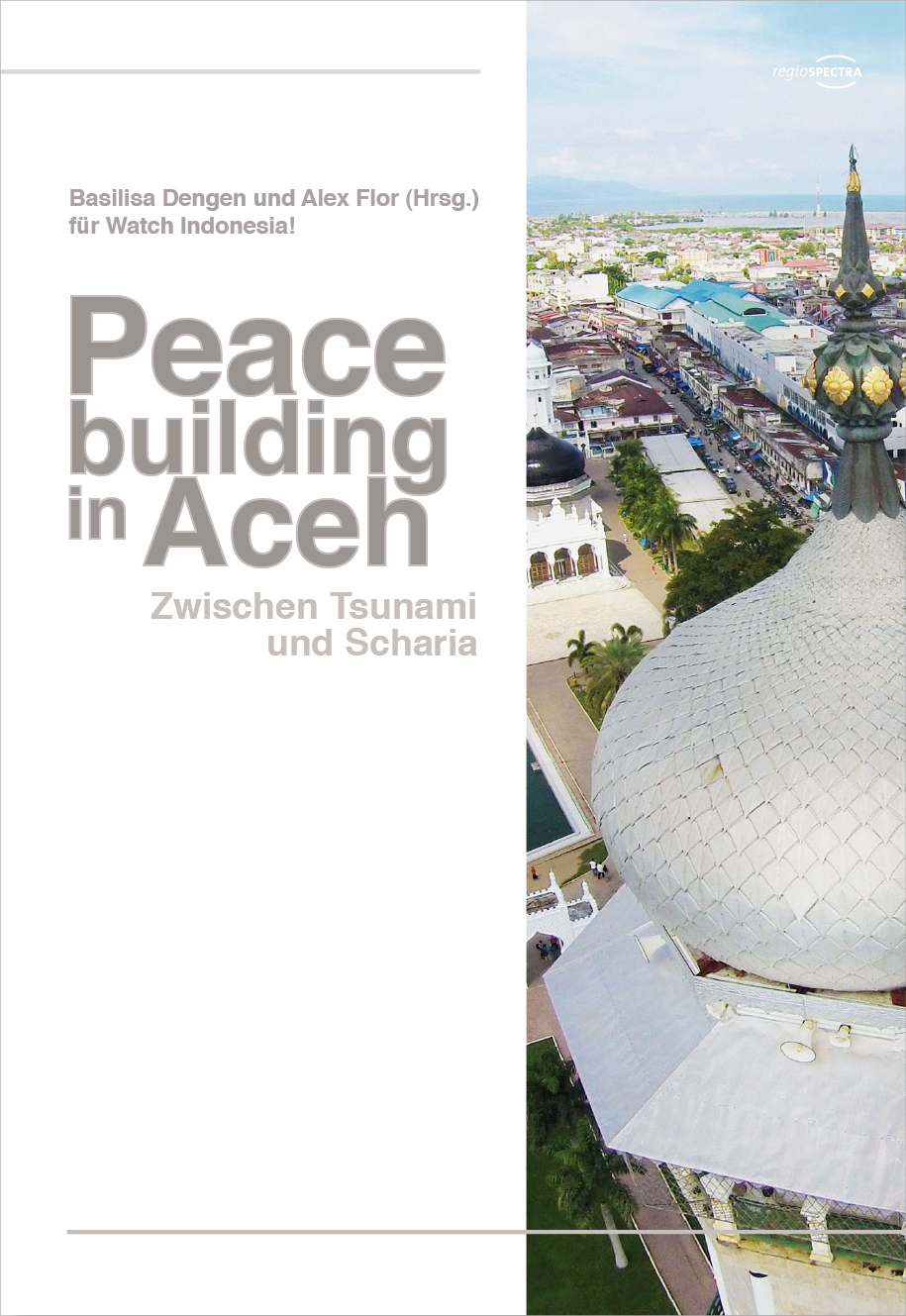
Von Bomben und Zeitbomben
04. August 2000
Zum Anschlag auf die Botschaft der Philippinen in Jakarta
von Alex Flor, Watch Indonesia!
Waren philippinische Moslem-Extremisten oder deren Anhänger für den Bombenanschlag auf die philippinische Botschaft in Jakarta verantwortlich, bei dem vorgestern zwei Menschen getötet und ca. 20 weitere zum Teil schwer verletzt wurden?
Die Hongkonger South China Morning Post (s.u.) berichtet über Spekulationen, denen zufolge Täter und Motive durchaus auch in Indonesien selbst zu suchen sein könnten. Die Verdächtigungen gehen in Richtung des Ex-Diktators Suharto einerseits sowie in Richtung eines möglichen Zusammenhangs mit dem anhaltenden blutigen Konflikt auf den Molukken andererseits. Obgleich sich bislang keine dieser Mutmaßungen auch nur auf Ansätze von Beweisen stützten kann, geben sie doch immerhin Aufschluss über die Stimmungslage in Indonesien. Es existiert eine schier ungebremste „Freude“ an Verschwörungstheorien und kein Verbrechen scheint zu brutal als dass es nicht umgehend den immer noch starken Kräften aus dem Umfeld Suhartos zugeschrieben werden könnte. Solche Mutmaßungen sind zwar hochspekulativ, aber keineswegs a priori absurd, wie die ernsthafte Diskussion dieser Vorwürfe in der Jakarta Post beweist (s.u.).
Interessant ist aber vor allem die zweite Richtung, in die sich die Spekulationen bewegen: Gibt es Verbindungen zwischen den Konfliktparteien auf den Molukken und bestimmten Kräften auf den Philippinen? Die nord-molukkische Insel Halmahera liegt geographisch deutlich näher an den philippinischen Krisenherden Jolo und Mindanao als an Indonesiens „Hauptinsel“ Java. Konkrete Anhaltspunkte für eine über die Staatsgrenzen hinweg bestehende Zusammenarbeit der Bewegungen liegen unseres Wissens bislang nicht vor. Spätestens der Anschlag auf die philippinische Botschaft hat jedoch ins Bewusstsein gerufen, dass es solche Verbindungen möglicherweise – zumindest in der Zukunft – geben könnte.
Vor kurzem verkündeten die Befreiungsbewegungen in Aceh, Papua und Riau in einer gemeinsamen Erklärung die Absicht, künftig enger zusammenzuarbeiten. Der Kooperation dieser drei eigentlich grundverschiedenen Bewegungen liegt die einfache Erkenntnis zugrunde, dass das Verhältnis der Zentralregierung in Jakarta zu den Provinzen und Minderheiten an der Peripherie des indonesischen Einheitsstaates insgesamt gestört ist. Noch weiter gehend könnten die Entwicklungen im Süden der Philippinen nun dazu beitragen, dass in Südostasien ganz grundsätzlich die Frage nach der Identität von „Staat“ und „Nation“ aufgeworfen wird. Bislang definierte sich die Identität dieser Staaten weitgehend aus der Geschichte ihrer Kolonisierung – Indonesiens Staatsgebiet umfasst die ehemals niederländischen Kolonien, die Philippinen die spanischen bzw. US-amerikanischen und Malaysia die britischen. Kulturelle, ethnische, religiöse und sprachliche Gemeinsamkeiten finden sich zum Teil eher über Staatsgrenzen hinweg als innerhalb des jeweiligen Staates. Sumatra (Indonesien) und die malayische Halbinsel (West-Malaysia) oder West-Papua und Papua Neuguinea beispielsweise haben in vieler Hinsicht sicher mehr Gemeinsamkeiten als Sumatra und West-Papua untereinander.
Sollte es den Regierungen in Jakarta und Manila nicht bald gelingen, die Identität ihrer Staaten in einer Weise neu zu definieren, die auch den Völkern und Regionen an der Peripherie gerecht wird, werden separatistische Bewegungen und Terrorakte zu einem Problem werden, das nicht vor Staatsgrenzen Halt macht, sondern ganz Südostasien erschüttern wird. Die von Indonesien erst jüngst wieder geltend gemachte Nichteinmischungspolitik in „innere Angelegenheiten der Nachbarländer“ innerhalb des ASEAN-Bundes wird dieser Gefahr nicht gerecht und ist daher auch im wohlverstandenen Eigeninteresse Indonesiens nicht zweckdienlich. <>
South China Morning Post Thursday, August 3, 2000
Suspicion falls on Suharto cronies opposed to democratic rule
VAUDINE ENGLAND
Attributing the embassy blast to radical Philippine Muslim groups may be wrong and local causes of conflict could just as easily explain the attack, Indonesian and diplomatic sources said.
Experts on the Philippine insurgency said the Muslim rebels, during their decades of strife, had never taken their struggle overseas. It also was doubtful the rebels had the resources to mount such a large attack or would refrain from claiming responsibility if they carried it out.
Another theory stems from rumours circulating that Philippine Christians are funding the fight against Islam in the strife-torn Maluku Islands.
Although the rumours themselves lack credibility, Indonesian Muslims who believe them could have been provoked into attacking the Philippine ambassador.
But the most often cited alternative to all these theories blames the bomb on traditional sources of terrorist behaviour closer to home, namely the group of thugs, cronies and disenchanted military men aligned with fallen president Suharto, who are seeking to overturn the democratic order.
If, as many assume, the bomb was a continuation of the series of recent attacks on the Attorney-General’s office and elsewhere, then the likely culprits are the Suharto-linked rogue elements, sources agree. As to why the Philippine Embassy was chosen, one source noted it was an easy target on a high-profile street in the city centre. Asked if rogue military and pro-Suharto officials could be regarded as a possibility, one source said: „That’s more than a possibility, that’s your starting assumption.“
Adding to the aura of conspiracy is the timing of the bomb itself – soon after the nation’s top four leaders gathered in a show of friendly solidarity in Yogyakarta, central Java. That meeting was intended to pave the way for a smooth session of parliament, which starts on Monday, and could well have encouraged the Suharto-linked forces to disprove the point being made in Yogyakarta.
The Jakarta Post August 03, 2000
Speculation continues of motive behind bomb blast
JAKARTA (JP): Speculation continued on Wednesday on the motive behind the bomb explosion in front of the Philippine ambassador’s house, with theories ranging from international terrorism, a personal vendetta to local groups bent on creating chaos.
Philippine President Joseph Estrada, who was in Washington when the blast occurred, said he had a very strong suspicion terrorists were behind Tuesday’s attack.
„The ugly head of terrorist forces has taken the lives and injured hardworking diplomatic representatives of the Philippines,“ Estrada said on Wednesday in a statement made in the United States.
Estrada said he was awaiting reports on the blast from Jakarta and the Philippine intelligence services.
„I have a very strong suspicion as to who is behind this, but I will reserve final judgment until the above reports are received,“ he said in the statement released by the presidential palace in Manila.
President Abdurrahman Wahid said on Tuesday after the blast he suspected the attack was linked to a separatist rebellion in the Philippines‘ south.
The Moro Islamic Liberation Front (MILF), the larger of two groups fighting for an independent Moslem homeland in the southern Philippines, has denied any involvement.
The other rebel group, the fundamentalist Abu Sayyaf militia, is holding dozens of foreign and Filipino hostages on Jolo island, near Mindanao.
One of the most startling admissions on Wednesday was made by injured Philippine Ambassador Leonides T. Caday who allegedly told Philippine Vice President Gloria Macapagal-Arroyo that he believed he knew the assailant.
„He told me who the suspect is but I don’t want to say who… until we have corroborating evidence,“ Arroyo was quoted by Reuters as saying in Manila.
„Caday’s belief is that this was personal against him,“ Arroyo said, adding that it was carried out by a Filipino who had come to Jakarta.
Meanwhile People’s Consultative Assembly Speaker Amien Rais dismissed suggestions foreign parties were behind the attack.
„It’s too much to say that international parties were involved in the bombing,“ Amien said. He believed those behind the bombing were still in Jakarta and the surrounding areas.
Earlier in the day, Attorney General Marzuki Darusman condemned the bomb attack as „a pure act of terrorism“. He also said the government currently had no leads on who was behind the incident.
He said, however, that „there are some opinions that this (the blast) is somehow linked to matters outside of Indonesia“.
When asked whether he was ruling out the possibility that former president Soeharto’s followers were behind the attack, Marzuki said: „We are not easily led to that and we are trying not to speculate on this matter.“
„We are not saying anything definite, we are just saying that we can’t link it directly with whatever is happening here at the moment, so we have to look at it from both perspectives: the internal and the regional.“ Marzuki said.
The U.S. Embassy in a statement expressed its deepest sympathy to the Philippines ambassador and to the families of those killed and injured.
The statement also said that U.S. Ambassador to Indonesia Robert Gelbard, in a letter to Abdurrahman, had „affirmed the U.S. government’s willingness to cooperate with the Indonesian government’s investigation of this incident and overall effort to combat terrorism.“
In Yogyakarta, political observer Cornelis Lay from Gadjah Mada University said the blast was a further blow to the government following the series of violent conflicts in the outlying provinces.
Nana Sutikna, a political observer at Soedirman University in Purwokerto, Central Java, believed the blast was linked to a Filipino political disagreement.
He refused to connect the incident with domestic political troubles. „If the terrorists wanted to ruin Indonesia’s image in the eyes of the world, why didn’t they plant the bomb at the UN office or the U.S. Embassy in Jakarta?“
Meanwhile, a sociologist at Hasanuddin University in Makassar, South Sulawesi, said the bombing could harm Indonesia’s image internationally.
„Violence is not in our culture. Therefore it is very naive if Indonesians now tolerate such ferocity,“ he said.
„Let’s contemplate and introspect. We, the Indonesian people, have entered a phase where terrorism has become a trend. We must be honest to ourselves and admit we are familiar with such actions. This is very dangerous to the progress of democracy,“ Darwis said.(45/27/sur/44/byg/jun)











